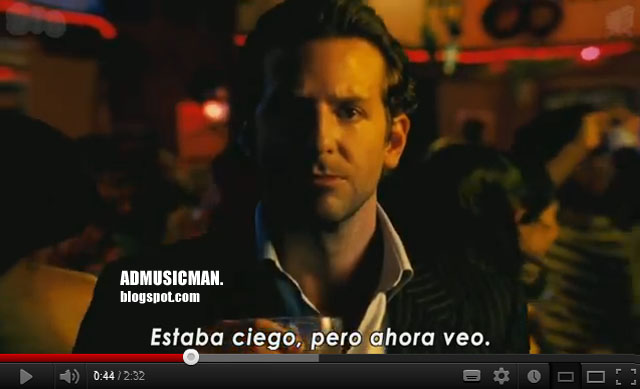Lake Tahoe | Dare To Think BIG!
“Who dares, wins,” say the SAS, the élite British military regiment. “Dare to think,” says Immanuel Kant (right), one of the greatest philosophers of all time and a fundamental figure in the development of the ideas that made, and make, the modern world.
 Of the Enlightenment, the humane philosophical movement set in full motion by intelligent women and men of the 18th century, Kant said, “Enlightenment is man’s emergence from his self-imposed immaturity. Immaturity is the inability to use one’s understanding without guidance from another. This immaturity is self-imposed when its cause lies not in lack of understanding, but in lack of resolve and courage to use it without guidance from another. Sapere Aude! ‘Have courage to use your own understanding!’ That is the motto of the Enlightenment.”
Of the Enlightenment, the humane philosophical movement set in full motion by intelligent women and men of the 18th century, Kant said, “Enlightenment is man’s emergence from his self-imposed immaturity. Immaturity is the inability to use one’s understanding without guidance from another. This immaturity is self-imposed when its cause lies not in lack of understanding, but in lack of resolve and courage to use it without guidance from another. Sapere Aude! ‘Have courage to use your own understanding!’ That is the motto of the Enlightenment.”
Sapere Aude! – Dare to be wise: dare to think.
This is a powerful rallying cry that echoes across time, that leaps across geographical boundaries, that is heard through the muffling walls of political correctness, received wisdom, and the demands of controlling beliefs. It resonates with parents, helping their children to grow into self-confident adults. It resonates with teachers, who try to create a platform of confidence beneath a spirit of intelligent enquiry in their pupils. It resonates with leaders of sporting teams, in which the best team players are those who combine an intuitive understanding of their colleagues’ actions with lightning-quick thought, opening new unexpected avenues to victory. It resonates in business, where the best leaders are blessed with colleagues who ask not, “What shall I do next?” but who ask, “This is what I think we should do, do you agree?”
Dare to think—even the churches, with their symbols and songs, costumes and stories, generate human value when ideas, feelings, beliefs, and desires are allowed to interplay and conflict with each other and the human quality of the meaning of the symbolism, rather than the defended nature of the forms and words, emerges and settles into a deeper understanding of what it takes to be a human being. The 18th-century Enlightenment was an intelligent dismantling of received wisdom and mystical priestcraft, offering instead ever-current enquiry, by a human mind, into the nature of human existence, the observation of the world around us, and what understanding can be derived from that observation.
This scientific method, of never-ending observation, hypothesis, analysis, synthesis, and the subjection of an idea to debate and review, underpins the attempts in the 18th century, particularly by elderly France and the infant United States, to apply deep and testing thought to the structure of society. When asked his opinion of the effects of the French Revolution, Deng XiaopingZhou Enlai, one of the most significant figures in the leadership of China in the second half of the 20th century, commented that it was too soon to tell—a true Enlightenment response, indicating that we only ever have a current but temporary view of where we stand. In fact, Deng was in many ways an interesting example of the principles of the Enlightenment. As the Encyclopaedia Britannica biography of him says, he “stressed individual responsibility in the making of economic decisions, material incentives as the reward for industry and initiative, and the formation of cadres of skilled, well-educated technicians and managers to spearhead China’s development.”



